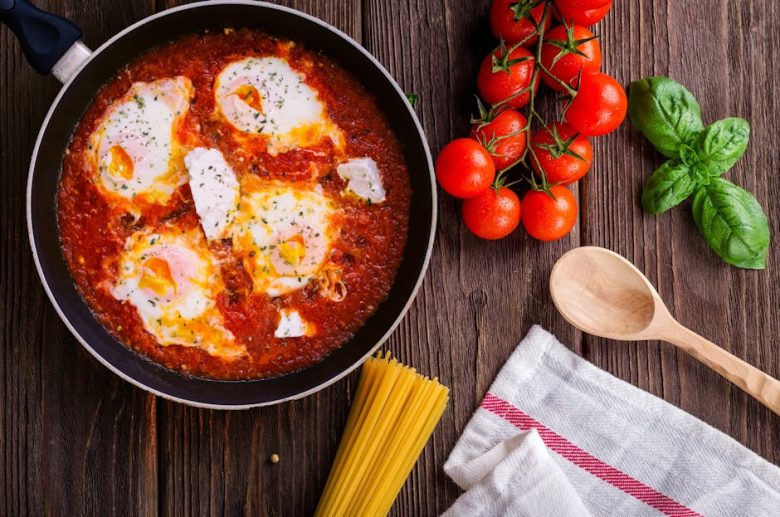In our fast-paced society, convenience has become a cornerstone of daily life. From ready-to-eat meals to on-demand services, the allure of instant gratification is hard to resist. However, as we embrace these time-saving solutions, a pressing question emerges: what are we sacrificing in the name of convenience? Underneath the surface of our streamlined lifestyles lies a concerning reality that intertwines our health with our choices.
The rise of convenience culture has undoubtedly transformed how we live, offering unprecedented access to products and services that save us time and effort. Yet, this transformation comes at a cost that often goes unnoticed. Many individuals find themselves trapped in a cycle of quick fixes that prioritize immediate satisfaction over long-term well-being. This article delves into the hidden costs of convenience, revealing how our choices impact our health, relationships, and overall quality of life.
Fast food restaurants and microwaveable meals epitomize the convenience trend, providing a quick solution for busy schedules. While these options save time, they often come loaded with unhealthy ingredients, contributing to rising obesity rates and chronic health issues. A study by the Centers for Disease Control and Prevention indicates that 42.4% of adults in the United States were classified as obese in 2017-2018. This alarming statistic highlights the potential health risks associated with a diet reliant on convenience foods, emphasizing the importance of making informed choices.
Moreover, the convenience of technology has reshaped our social interactions, often leading to disconnection rather than connection. Social media platforms and messaging apps allow us to communicate instantly, but they can also foster feelings of loneliness and isolation. A report from the American Psychological Association found that excessive use of social media is linked to increased feelings of anxiety and depression. As we prioritize instant communication over face-to-face interactions, we may be sacrificing the depth of our relationships for the sake of convenience.
In the realm of fitness, the rise of at-home workout apps and online classes promises to make exercise more accessible. While these innovations can be beneficial, they can also lead to a sedentary lifestyle if individuals choose convenience over commitment. The World Health Organization recommends at least 150 minutes of moderate-intensity exercise per week for adults, yet many people find themselves opting for the couch instead. This shift away from physical activity can have dire consequences for both mental and physical health, underscoring the need for a balanced approach to convenience.
Despite these concerns, there is hope in reclaiming our health and well-being while still enjoying the benefits of convenience. By making conscious choices, we can strike a balance that allows us to enjoy time-saving solutions without compromising our health. Meal prepping, for instance, combines the efficiency of convenience with the nutritional benefits of home-cooked meals. Additionally, setting aside time for in-person interactions can help mitigate feelings of isolation, fostering deeper connections with those we care about.
In conclusion, while convenience has undeniably enhanced our lives, it is crucial to recognize the hidden costs associated with our choices. By understanding the impact of convenience on our health, relationships, and overall quality of life, we can take proactive steps toward a more balanced lifestyle. It is possible to enjoy the advantages of modern living without sacrificing our well-being; all it takes is a commitment to mindful decision-making. As we navigate this complex landscape, let us choose wisely, prioritizing our health and happiness above the fleeting allure of instant gratification.



